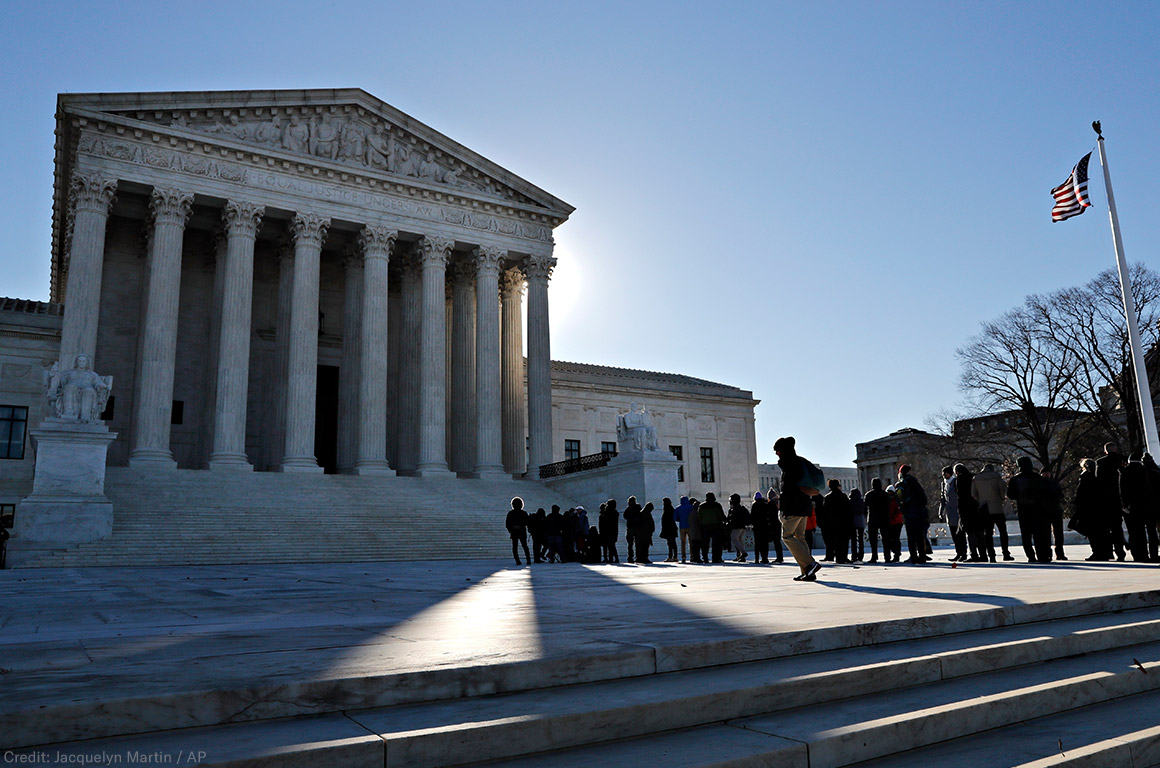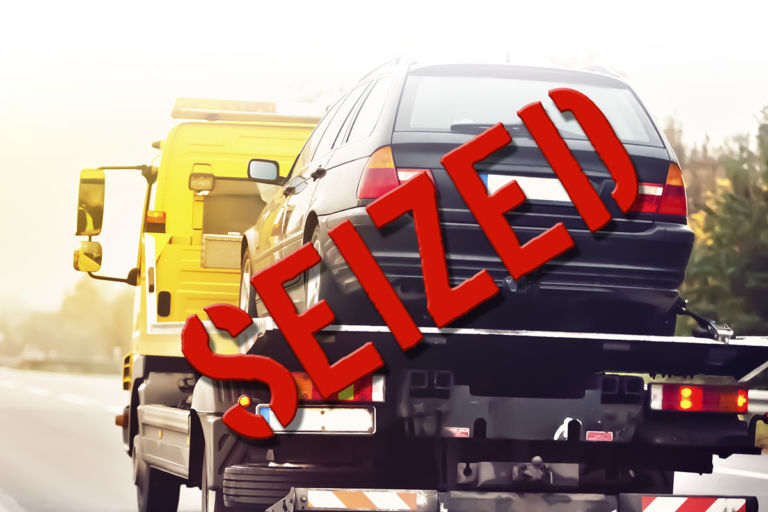From your link. Your link.
While North Carolina laws are much stricter than those in other states, there is a way that law enforcement can seize property under the law. Local law enforcement and federal agencies are permitted to form a partnership, which allows them to take advantage of looser federal restrictions. The proceeds from their seizures are split between the federal agency and local agency. North Carolina requires these proceeds to go to education, so that police services do not directly benefit from the asset forfeiture.
So how often do they happen in North Carolina where they are illegal?
From my link.
More than 100 North Carolina agencies, including the North Carolina State Bureau of Investigation and the Highway Patrol, regularly process seized assets through the equitable sharing program.6Between 2007 and 2017, those agencies collected more than $187 million in proceeds.7
Were all of those seized assets taken from genuine criminals? We will never know. Because the assets were processed under federal rather than state law, there was no need to prosecute the owners and prove their guilt. Were the assets really used for or acquired through criminal activity? We will never know about that either, and for the same reason. Were all of the proceeds put to good use? Again, we will never know. Because the assets were processed under federal law, there was no need to use the proceeds for public education; instead, the agencies kept the proceeds and used them as they saw fit.
This is the second part of a three-part analysis of the federal government’s “equitable sharing” program and its impact in North Carolina. Part One explained how equitable sharing makes it possible for North Carolina law enforcement agencies to circumvent the due process and property rights...

www.johnlocke.org
So why are you crowing about the cops in North Carolina being rewarded for breaking state law to the tune of about $200 million since it was made illegal?
Since they share it with the Feds now, that means the cops in NC have seized more than $400 million.




